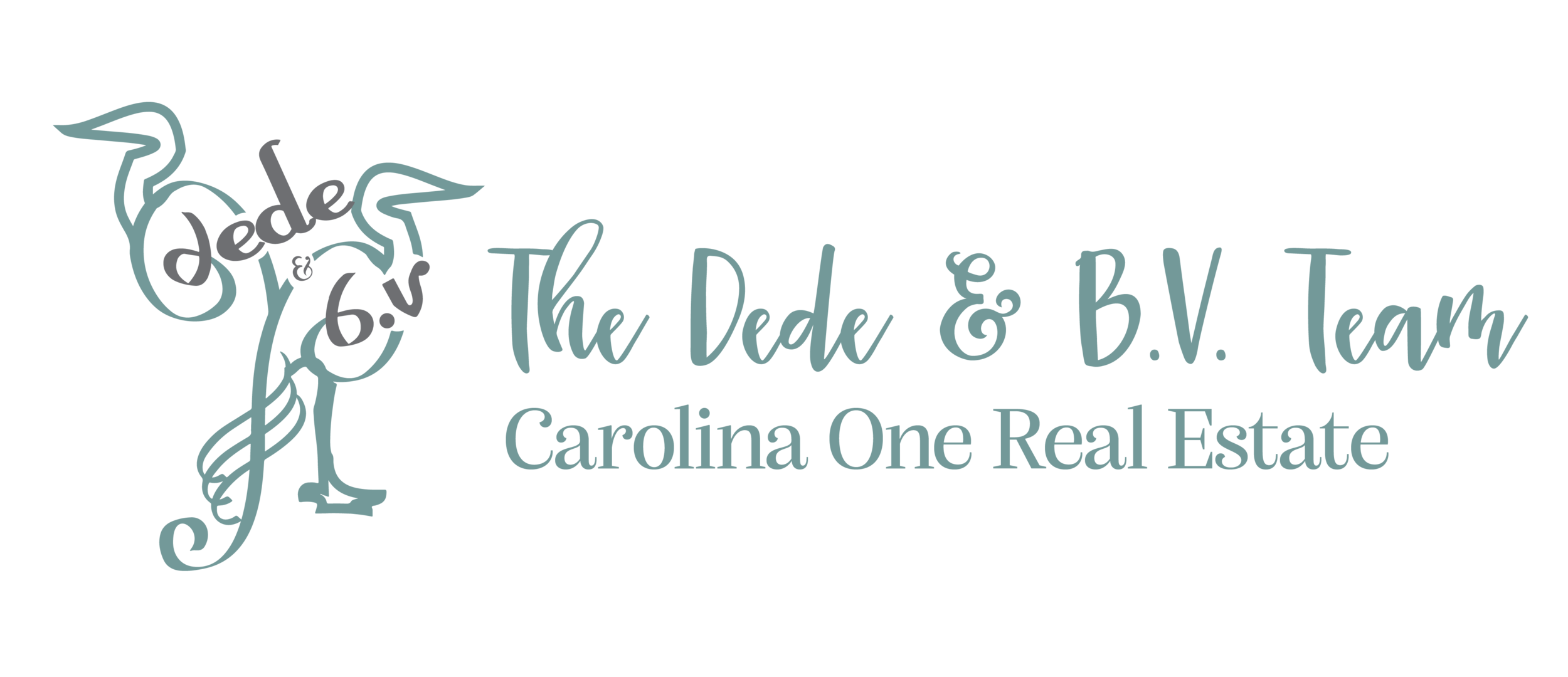Termite Coverage Bugging You?
It should be! Termite protection is a must in our humid, lowcountry climate. Termites are wood destroying insects who wreak havoc on the kind of "stick built" wood frame houses we have in Charleston. They eat wood. The wetter the wood is, the more appetizing. Wood rot on trim around your house (like at the base of your exterior door jambs) and wet wood members under your house (like floor joists in a humid crawl space) are "welcome home" signs for these dangerous pests. A termite bond is essentially a contract with a treatment provider to protect your home from a termite infestation.
Not everyone believes in the efficacy of a termite bond. Just like with insurance, there are ways for a bond provider to escape financial responsibility for damage caused by infestation. We've had clients who elected to treat themselves and go without a bond. As a real estate advisor, I strongly recommend that you have a bond and renew it annually. Some protection is better than none, and infestations are common. We have countless examples of clients who have dealt with termite damage. The annual monitoring carries significant value on its own. I believe someone should go under my house regularly to look for leaks/standing water, but I don't believe that someone should be me!
Not all termite bonds are created equal. You need to do your research when it comes to selecting a bond provider and knowing what kind of coverage you're getting. The 3 most important things to know:
1. Re-treat vs Repair Bond: some bonds will simply re-treat in the event of termite activity, others will re-treat AND make repairs. Repair bonds are more expensive because the bond company takes on more risk, but that's the stronger coverage of the two. It's rare that termite activity is discovered before there's damage.
2. Formosan Termite Coverage: not all bonds cover these flying, swarming termites, but they are found here and can do serious damage.
3. Exclusions: the bond company can be relieved of responsibility if an infestation results from an area of the house that is inaccessible or deemed a coverage "exclusion" for whatever reason (like where wood framing is in direct contact with the ground).
Even with a bond, YOU must take an active role in termite prevention. Your bond company will conduct an annual inspection and provide you with a report. If you don't correct any adverse conditions noted (like wood rot, standing water, wood-to-ground contact, surface fungi, or excessive moisture conditions), your coverage can be voided. We've heard a lot of feedback on who the most reputable termite companies are. We recommend Barrier Pest Services and Palmetto Exterminators.
At the end of the day, it's all about risk mitigation and how risk averse you are. Your level of coverage is a personal choice, but treating your home against termites is a must - whether you hire someone or do it yourself. More than likely your neighbors are treating, which could make termites more likely to march your way!
Myth: Daniel Island and Mt Pleasant are more prone to formosan termite infestation.
Busted: Trip Cummings with Barrier Pest Services says, "There are problems everywhere in Charleston with Formosan Termites, but there are some companies not providing service in certain parts of town."
Myth: You can't get a bond on a house with stucco siding.
Confirmed: Repair bonds are harder to obtain on a structure of higher risk (spray foam insulation, flat roof, stucco, etc.)
Myth: Crawl space encapsulation voids your termite bond
Busted: As long as your installer communicates with your bond company, you can encapsulate without losing your coverage.

